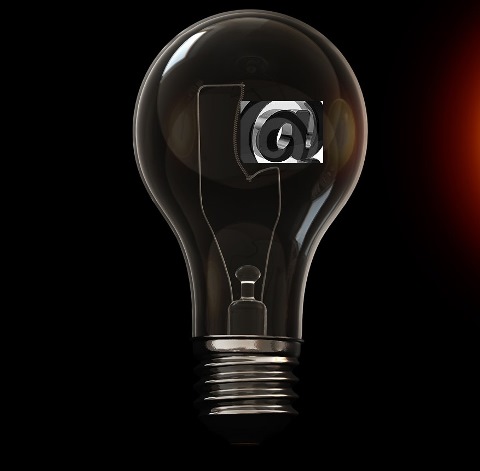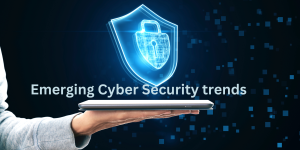
ICTpost Energy Bureau
Internet communications, inexpensive sensors, and data analytics are enabling a high-tech, holistic approach to energy efficiency. In the past it was, “How do I design an efficient light?” Now it’s, “How do I design a whole network of efficient lights that talk to one another via Web communications, adjust output automatically, and report back through online data portals that optimize performance?”
The mash-up of energy industry and information technology gives efficiency a shiny interactivity that expands the conversation beyond “eat-your-vegetables” lectures about insulation and compact fluorescent light bulbs. It promises an energy reduction boom to parallel the oil and gas production boom that has transformed the global energy landscape.
The Internet provides
?? A cost-efficient information and communication infrastructure?with outstanding scalability and economy of scale
?? Well-proven Internet technologies (e.g. TCP/IP protocol suite)?for re-use in private networks
?? Openness to new service providers and business models
Limitations of today?s Internet technology
?? No guaranteed high priority
?? Internet could introduce security gaps
?? Internet technology does not fulfil the short and deterministic?latency requirements (e.g. for tele-protections)
Smart Energy introduces a lot of new managed elements with increased data volume. Future Internet offers e.g. concepts for device registries, SW
maintenance, Big Data analysis, network management, distributed processing. Future Internet enables new service platforms supporting e.g. multi-tenancy,?dynamic pricing and billing services for instant collaboration between all relevant stakeholders including the prosumer.
Some evidence suggests efficiency gains are at least partially offset by savings applied toward more carbon-intensive purchases. The operator who installs smart lights reduces lighting energy, but might use the money saved to buy a gas-guzzling truck.
Real-time energy usage data in office buildings can also save money. Some office buildings already use systems that record electricity usage between different offices and functions and communicate this information to managers or individuals at their desks or on a video monitor. The key is to give tenants real-time data to better understand the major energy consuming operations and to estimate gains in energy efficiency by implementing different strategies. Such ?what if? analyses can lead to cost savings.
Future Internet Technologies will introduce new technologies into hardware and ? even more so ? in software, effectively injecting intelligence into the grid, e.g.?to coordinate and control Distributed Energy Resources.







